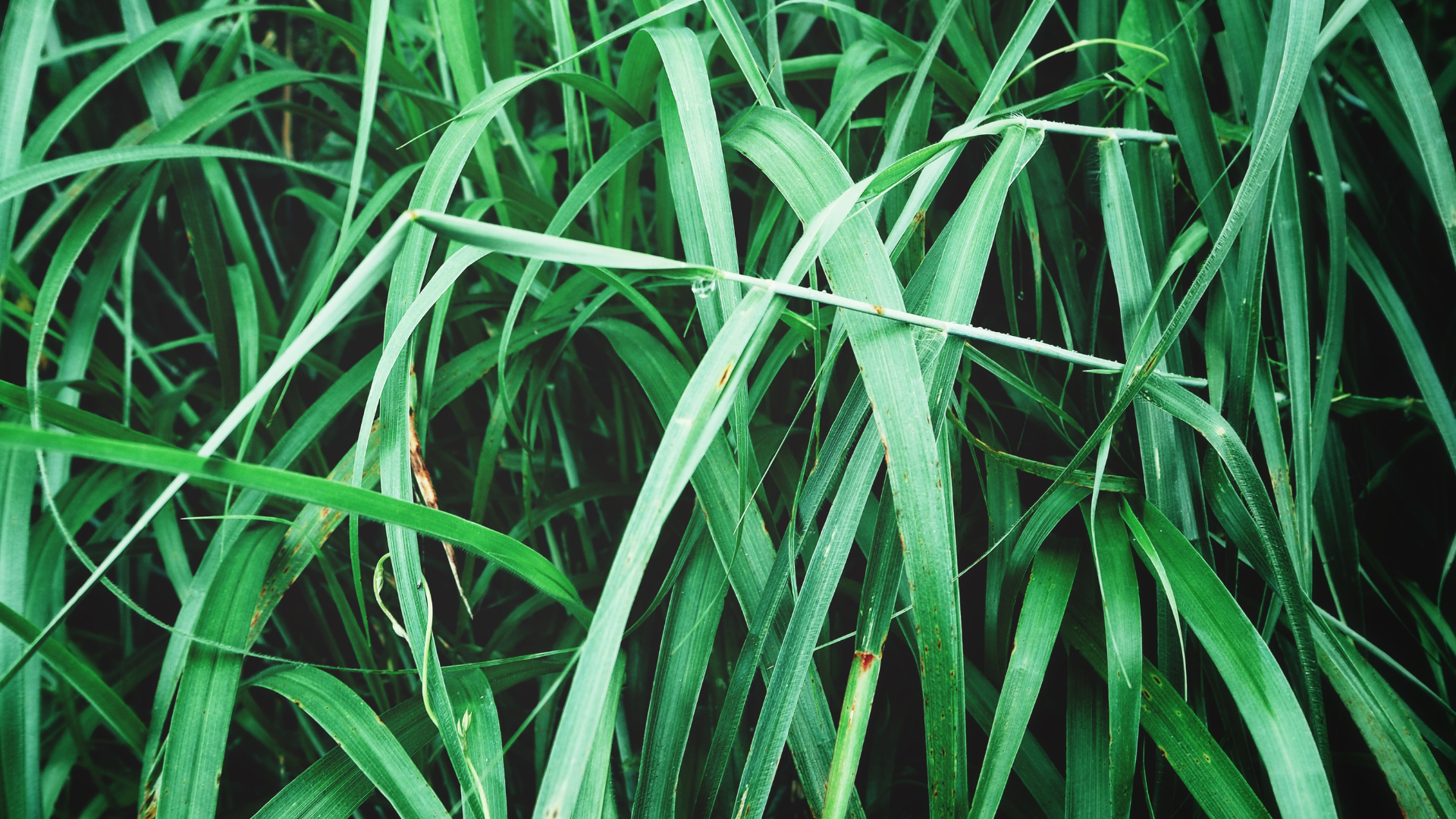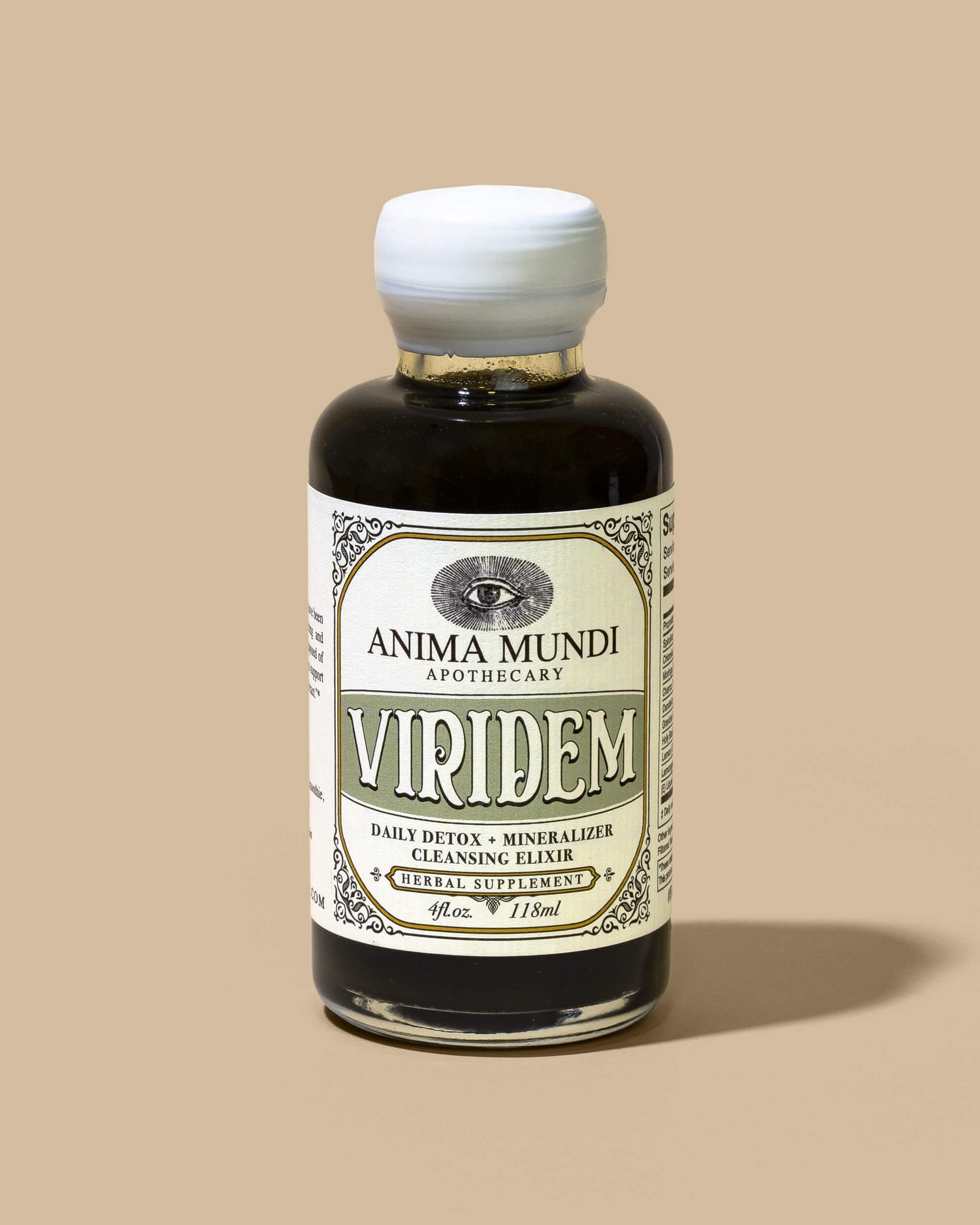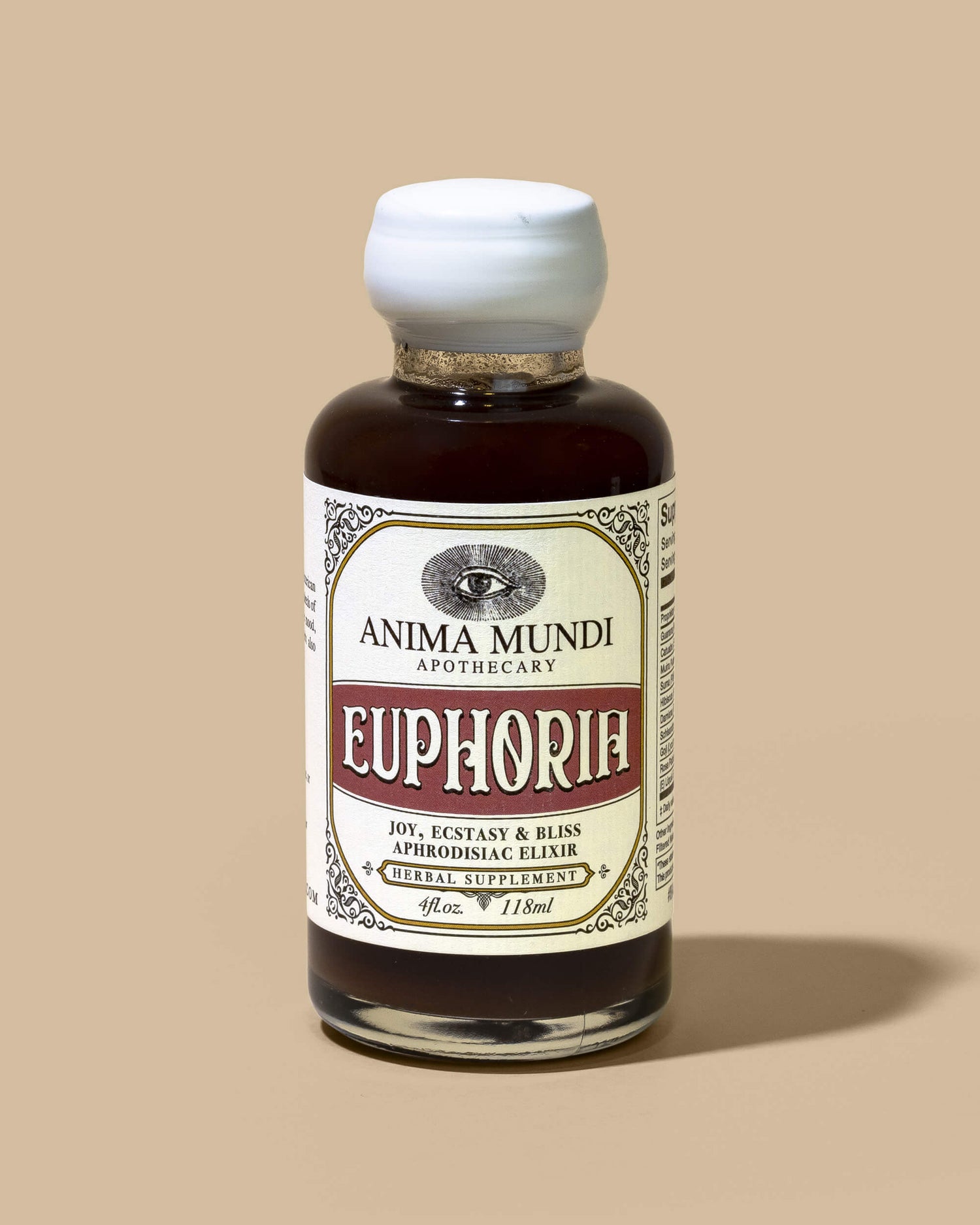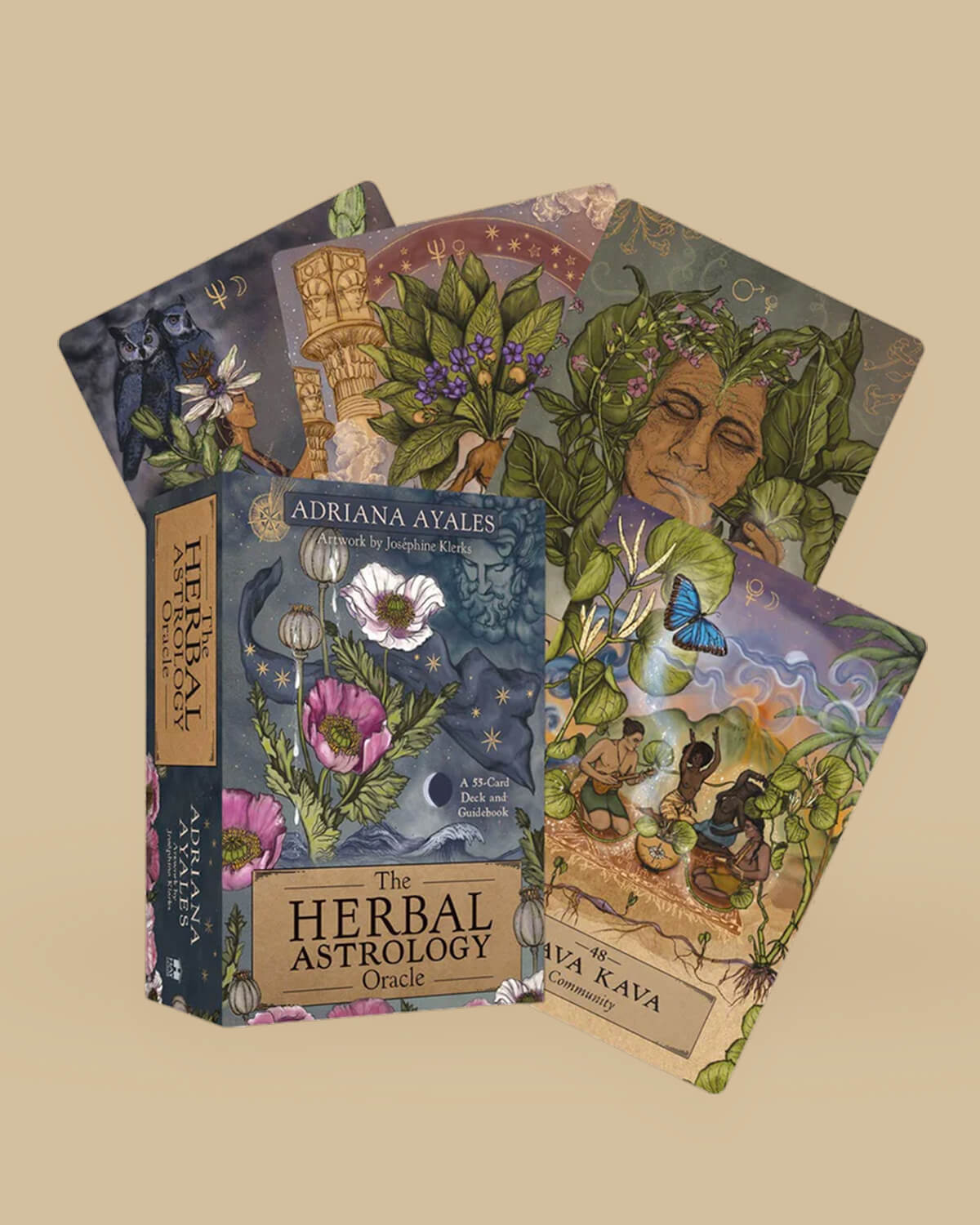All creatures are born of the earth, and nourished by her rich flavors. “I am the fragrance of the soil,” Lord Krishna proclaims in the Bhagavad Gita, reminding us of God’s life-giving presence within the most humble of the elements. Every plant absorbs the prana (life force) and ojas (nutritive essence) of the soil into its body, transforming them into foods, medicines, and oils for the benefit of other beings. Yet none capture the subtle complexities of the earth’s mysterious fragrances as completely as vetiver grass, known in India as “khus”.
The History and Cultivation of Vetiver
The essential oil of vetiver is distilled from the roots of Vetiveria zizanioides, also known as “khus grass” in India. Vetiver grows primarily in Indonesia, Madagascar, Sri Lanka, Caribbean countries, and India. In India, the grass grows wild in many areas, and it is often harvested as a cash crop by nomadic tribal people. The roots are woven into sweet-smelling sleeping mats, and hung as curtains in desert homes; when the fierce hot winds blow, people sprinkle water on these curtains, which then release their cooling vapor into the air.
Vetiver’s deeply penetrating roots and thousands of tiny fibrous rootlets reach through the soil to drink in its aromatic molecules, which in turn become the multi-layered perfume notes of its amber oil. Sweet and heavy, with rich undertones reminiscent of precious woods and marshlands, the oil has widely varied olfactory characteristics depending on the type of earth in which it grows. Because of the diversity of compounds present in different soils, vetiver oil is one of the most biochemically complex of all essential oils.
Vetiver has been known and therapeutically used in Indian culture since ancient times to treat various ailments and as a perfume base. Vetiver is beloved to perfumers, esteemed by traditional physicians, and appreciated by people who benefit from its healing virtues. It is also a great friend to farmers, who use it as mulch for improving the fertility of the soil; animals, too, are pleased with finding the sweet grass in their meal. It gives livelihood to harvesters, and is an aromatic treasure to those who distill its rich essence.
The Healing Properties of Vetiver
Used for therapeutic purposes, meditation and perfumery, vetiver is a deeply relaxing oil with a sweet, earthy scent evoking fields, riverbanks and marshlands; its overall effect is grounding and supportive to the nervous system. In aromatherapy, vetiver oil has nervine, anti-inflammatory, anti-rheumatic, antiseptic, antispasmodic, aphrodisiac, astringent, and sedative effects.
Musculoskeletal System
Vetiver is an excellent oil for alleviating muscular aches and pains, relieving stiff joints, and aiding in arthritis and rheumatism. It is used in liniments and massage oils to support healthy muscle and joint function.
For these purposes, vetiver oil can be used on a compress: put 5 - 10 drops essential oil in 4 oz hot water, soak a cloth in the mixture and apply over sore areas. Alternately, sprinkle 5 - 10 drops directly onto a wet compress. This method is good for chest applications for respiratory symptoms, and for bruises, wounds, muscular aches and pains, on the abdomen for relieving dysmenorrhea, and for skin problems.
Nervous System Benefits
In aromatherapy, vetiver is used therapeutically as a nervine and a grounding essence that supports the nervous system. It is relaxing, neuro-tonic, and regenerating. Through its strengthening, balancing and regenerating effects, it supports and stabilizes the nervous system, making it a good choice for reducing stress and comforting the body and mind. Vetiver promotes emotional equilibrium, enhances concentration, facilitates creativity and cools emotional intensity. Its aroma gives deeper and more restorative sleep and rejuvenation, enhances a sense of security, reduces anxiety, supports mental clarity, balances emotions, and boosts confidence.
Skin Benefits
Vetiver oil promotes skin health, supports skin rejuvenation, helps reduce acne, enhances skin elasticity, balances sebaceous activity, and fights fungal infections. It is used in cosmetic preparations for its skin-regenerating powers, enhancing skin health and radiance, and preventing stretch marks after pregnancy.
To soothe and support irritated or dehydrated skin, add a drop of vetiver oil to unscented, chemical-free face or body cream.
Endocrine Benefits
Vetiver, used both in massage and in diffusers, can reduce menopausal symptoms, alleviate PMS, and help with postnatal depression. It is regarded as having an overall hormonal balancing effect.
To reduce the effects of hot weather, add 2 drops of vetiver oil to cool bath water, or apply diluted onto skin for a cool, grounding effect.
Circulatory Benefits
Used in massage and compresses, vetiver can reduce varicose veins, and improve peripheral circulation.
Immune Benefits
Vetiver oil supports immunity and strengthens the immune response in stressful situations.
Vetiver Oil in Perfumery
Vetiver oil is a key component in the perfume and cosmetic industry, used as a scenting agent and fixative. Khus oil, or Indian vetiver, has been used in the perfume trade for centuries. One of the most unusual, rare, and unique of the vetiver oils is distilled from the wild roots that grow in the blazing expanses of Rajasthan’s deserts. After the roots are carefully dried, they are slowly reconstituted while immersed in water during hydro-distillation. Another beloved vetiver preparation is khus attar, which is created by repeatedly distilling the fragrant steam of vetiver roots into sandalwood oil. The preparation of these aromatic treasures is a vanishing art and science.
The aroma of vetiver is one of the strongest base notes and can easily overtake other oils. For perfumery/fixative purposes, it is recommended to limit vetiver to 5 percent of total essential oil content when combining with oils. The oil is also extremely tenacious; one drop of vetiver can linger on the skin for many days. Like sandalwood and patchouli, vetiver oil improves with age.
How to Use Vetiver Oil
Though vetiver can be diffused, it is not recommended for some diffusers due to its syrupy, sticky consistency, which can cause clogging. However, vetiver can be premixed with thinner oils and then diffused. Vetiver oil can be diluted in a carrier oil and used for massage. The oil is very safe on the skin, and can be used in concentrations up to 20 drops in an ounce of carrier oil.
Healing Bath Blend:
Vetiver oil can be added to baths. Put up to 5 drops of essential oil on the water immediately before entering the bath and let disperse. Alternatively, it can be mixed with mineral salt before putting it in the bath. In this form, it is good for respiratory symptoms, skin problems, circulatory problems, stress and nervous tension, insomnia, and musculoskeletal and menstrual symptoms. It can also be mixed with ½ to 1 cup sesame oil or milk, then poured into a bath. Caution: essential oils in the bath can cause irritation from coming in direct contact with skin. Use only mild, non-irritating oils for bath; flower oils such as lavender are safest.
Rest & Rejuvenation Blend:
8 drops vetiver, 8 drops clary sage, 8 drops lavender in 15 ml evening primrose & jojoba blend
Calming & Uplifting Diffuser Blend:
3 drops vetiver, 6 drops roman chamomile, 6 drops bergamot
For calming and relaxing the body, mind and spirit, premix bergamot and chamomile with
vetiver and diffuse.
Vetiver in Ayurveda
Ayurvedic medicine describes vetiver oil as cooling to pitta (anti-inflammatory), yet pacifying to vata, meaning calming and comforting to the mind. A traditional method of using the root is to apply it as a paste, which reduces fevers and cools the body. Used in massage oils, its relaxing effects spread through the skin and muscles into the deeper levels of the nervous system, helping to counteract nervousness, stress, and exhaustion. The relaxing fragrance of the roots stabilizes concentration and works as a rejuvenating tonic. Vetiver oil is used in Ayurvedic cosmetic products for its skin-regenerating powers, which make it helpful for counteracting aging of the skin and preventing stretch marks after pregnancy. It is an ingredient in liniments used for rheumatic pains and arthritis, and a soothing remedy for enthusiastic yogis who strain their muscles and joints with excessive asana practice.
The Ecological Importance of Vetiver
Through purification and regeneration, plants cure diseases of the earth's ecological terrain in the same way that they cure diseases of the body's inner terrain. Vetiver grass is one of the world's most important botanical solutions for a wide range of environmental problems. Its deep roots hold the topsoil and prevent its erosion by wind and water. These roots also capture the rain and percolate it into the soil, preventing runoff, recharging depleted groundwater, and bringing springs back to life. Like many other plants, vetiver has amazing metabolic powers that allow it to thrive in polluted environments and digest the endless stream of man-made poisons that we dump everywhere. Because the grass has a special appetite for pesticides and agricultural toxins, it is now used in over a hundred countries for phytoremediation purposes, helping to cleanse the environment in the same way that medicinal plants detoxify the organs of the body.
The Haitian Vetiver Eco-Project
We are delighted to now offer such an incredible vetiver essential oil. Of all of the essential oils, few capture the aromatic complexity of the earth's botanical bounty as completely as vetiver grass. The rich, sensuous, earthy oil of vetiver is produced by harvesting and distilling the roots of the plant.
Did you know that Haiti is the leading producer of vetiver essential oil in the world? The high-quality vetiver oil produced in Haiti is a light, golden amber, and its fragrance is a sweet, rooty, deeply relaxing aroma, which is reminiscent of woods and marshlands, is grounding, cooling and nourishing. This thick, viscous oil offers a long lasting fragrance and acts as a natural perfume base for more delicate fragrances. Our distiller has specialized in the production of vetiver for over 60 years. They employ a sustainable approach to their manufacturing practices.
A pillar in the economy of the South Department area and one of the main exports of Haiti, there are approximately ten distillers in the city of Les Cayes, which support the livelihood of roughly 30,000 rural families in the southern region. Our distiller is an industry leader in the center of the vetiver production area, in the plain of Les Cayes. They have contributed significantly to economic growth in the region, and they offer fair wages to all employees, education and youth projects, and work to keep the vibrant Haitian culture alive through community gatherings and traditional music.
Three key organizations form the focus of our distiller’s support of the Les Cayes community: (1) The Clinic, which provides first aid assistance and access to physicians for their employees and families, and runs mobile clinics for other members of the community; (2) The Cafeteria, providing all employees with well-balanced meals in a clean and pleasant environment, serving approximately 200 meals per day and employing an additional dozen workers, 75 percent of whom are women; and (3) The Foundation, which promotes civic organization in the city, such as education, vocational training, sports, and health.

To keep reading about eco-projects and distillers, click here. To learn more about the benefits of vetiver, visit animamundiherbals.com, where you’ll find hundreds of other articles and plant-based recipes.


















